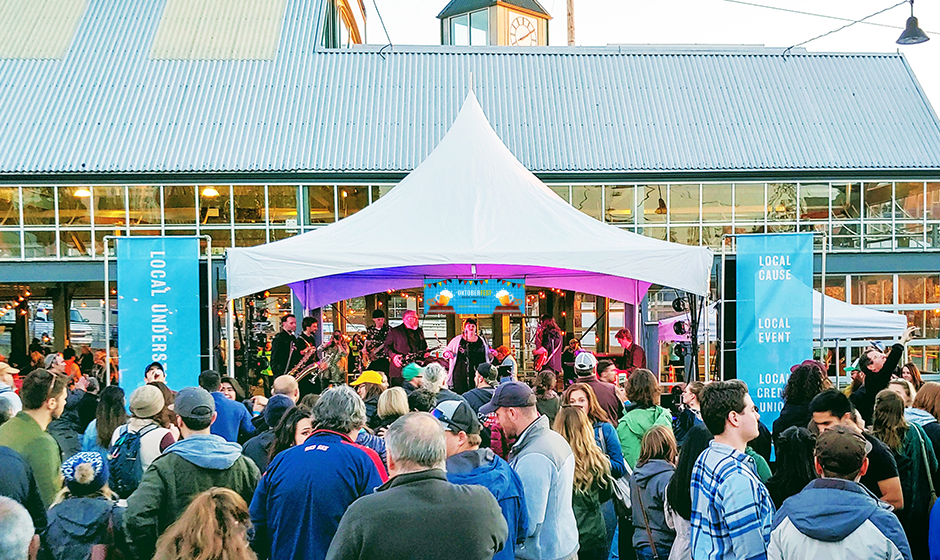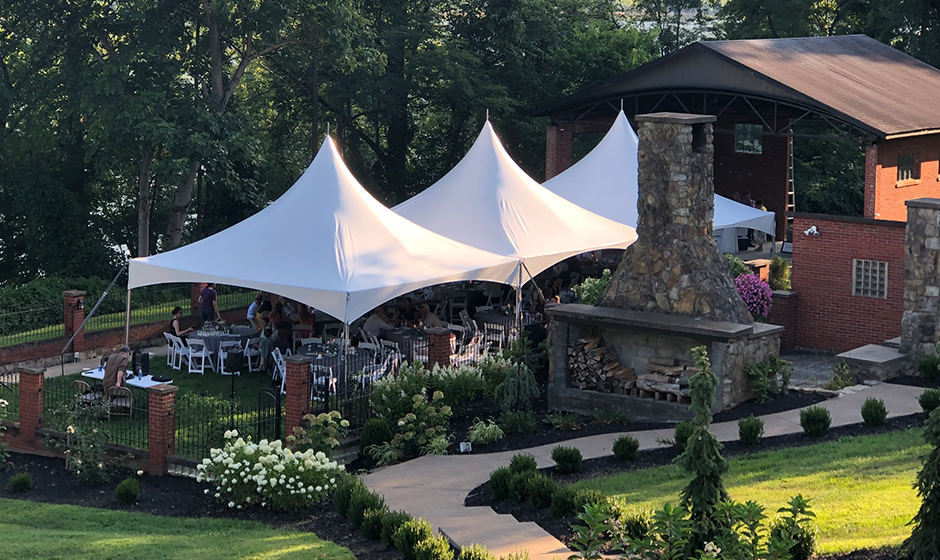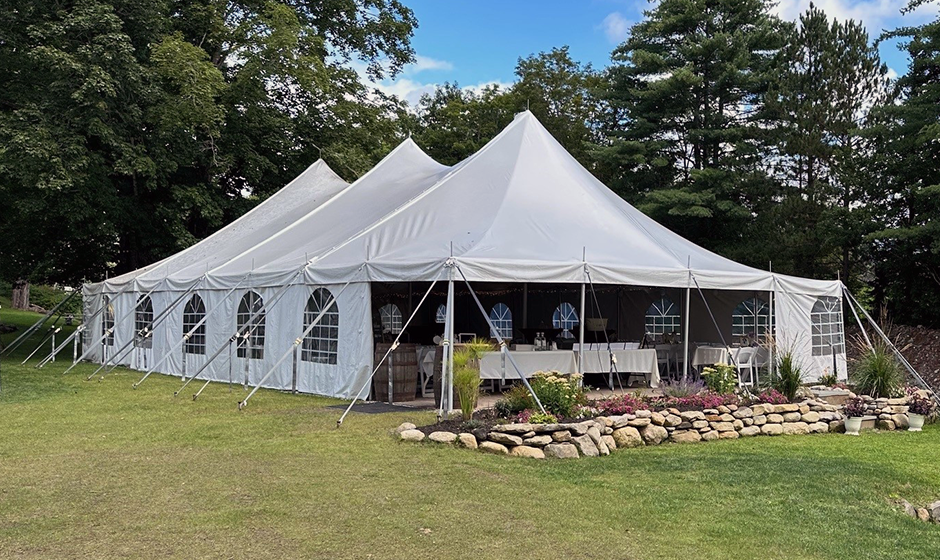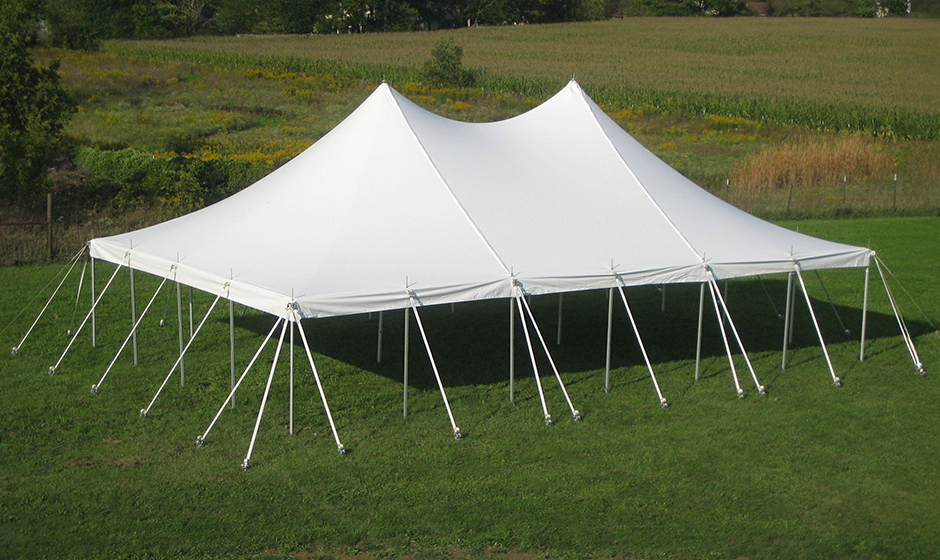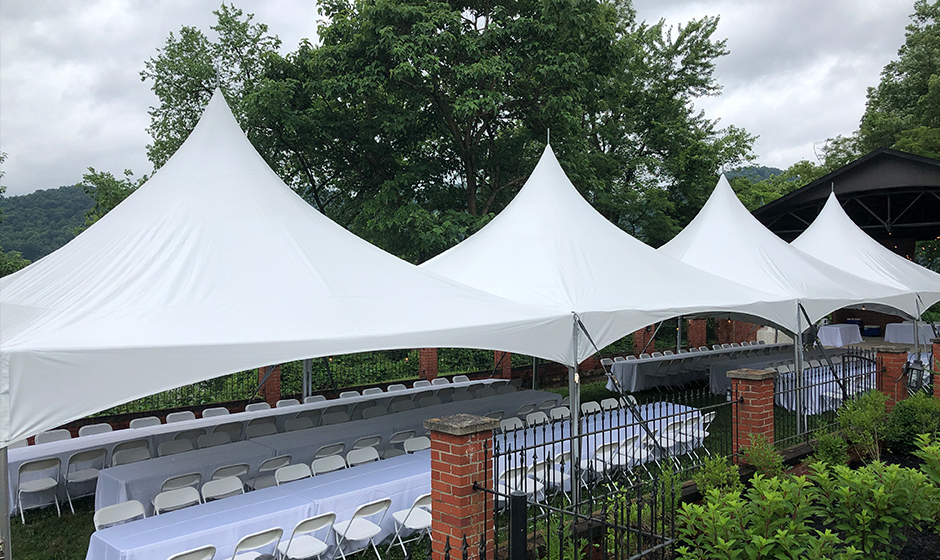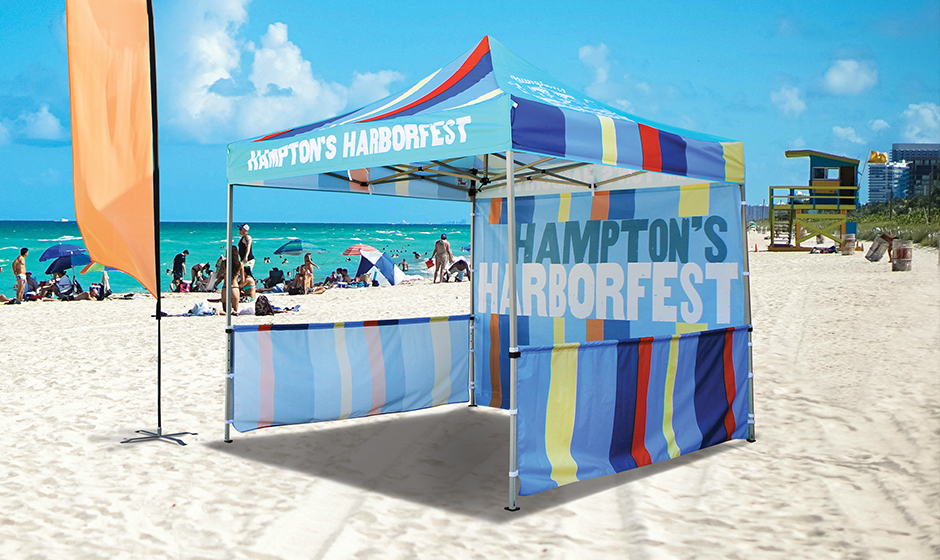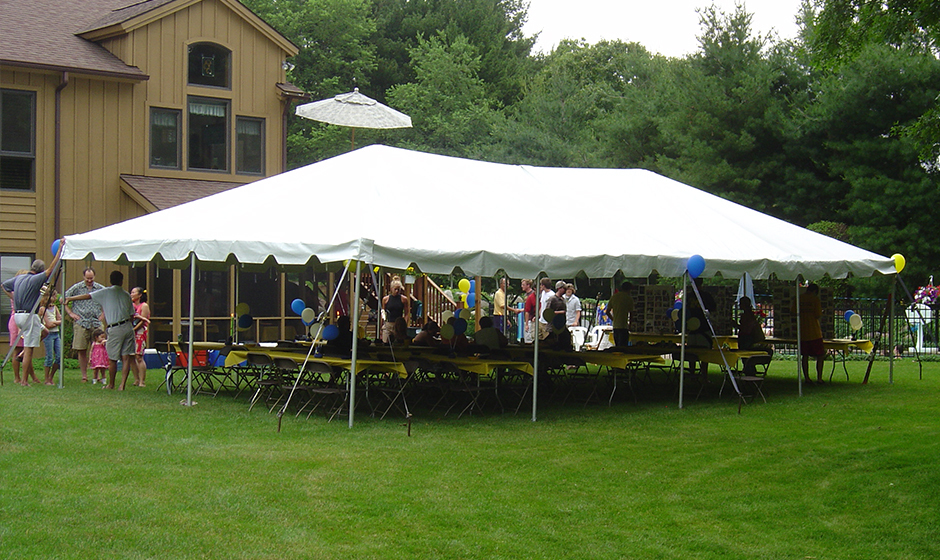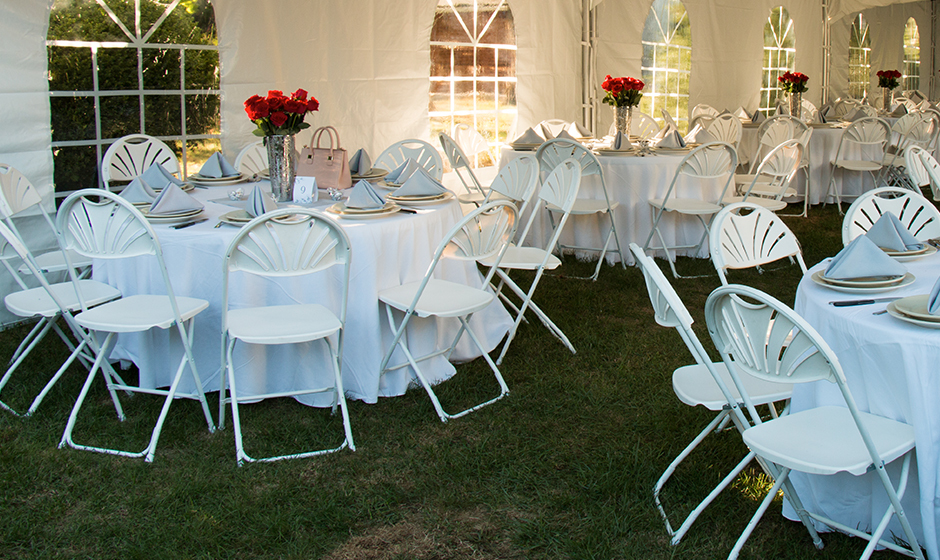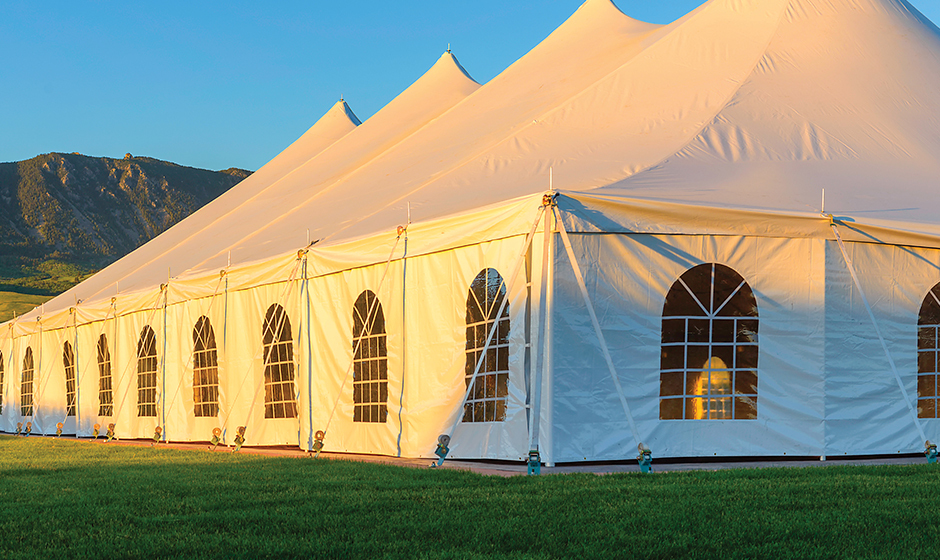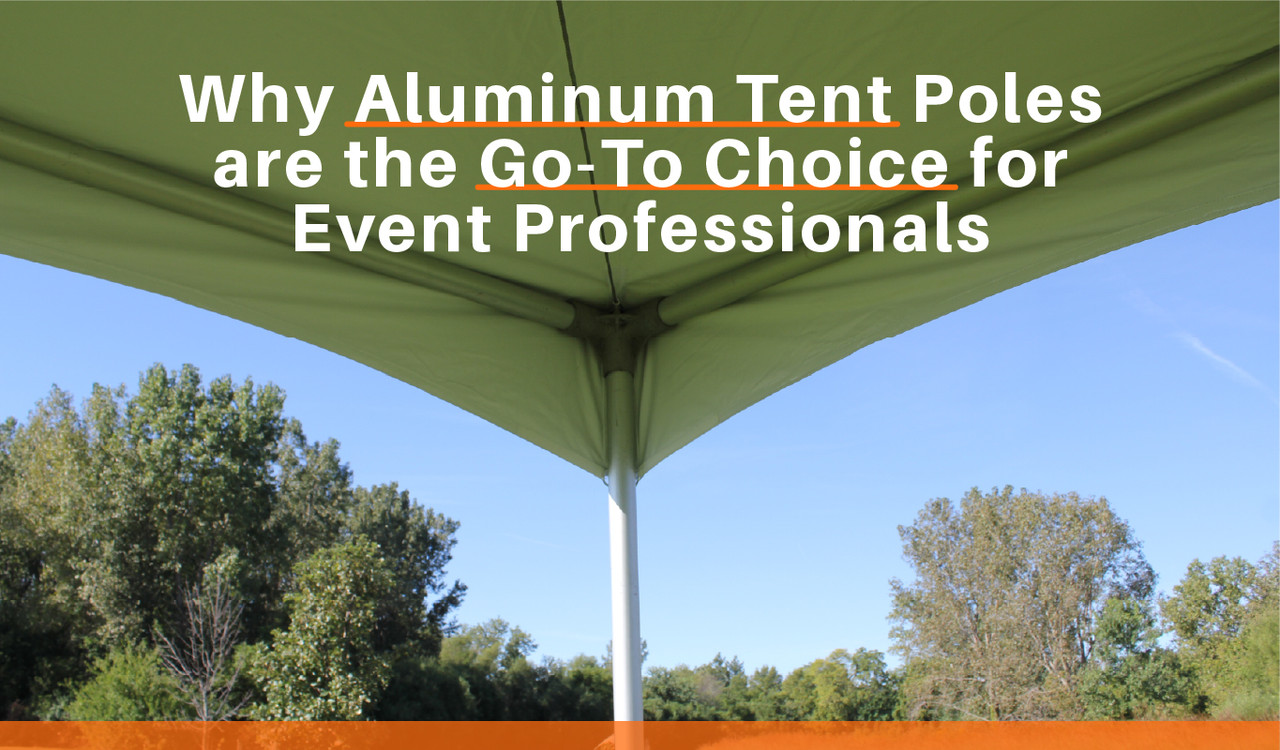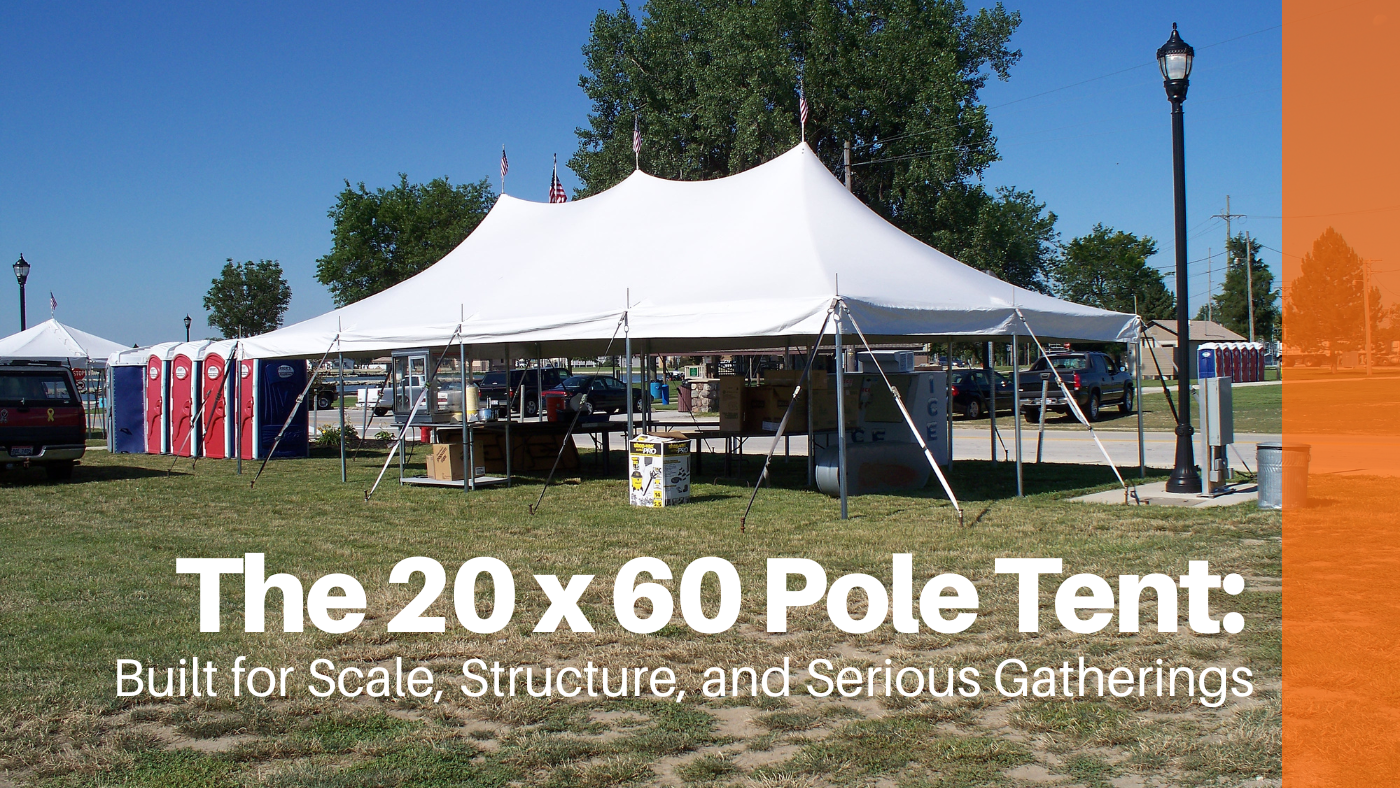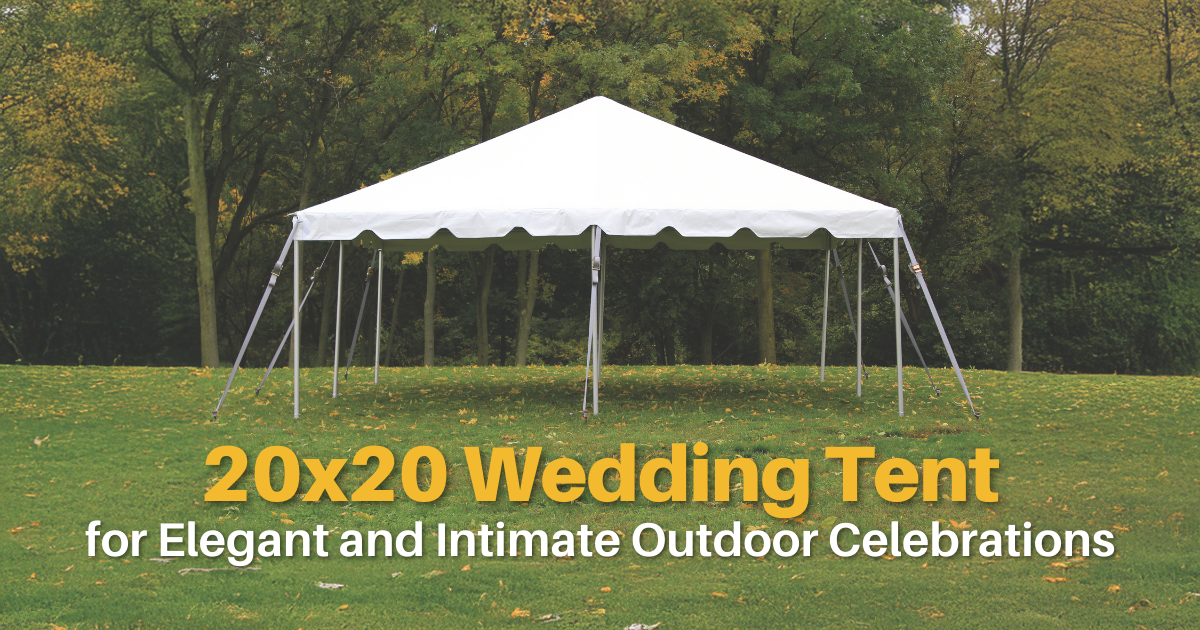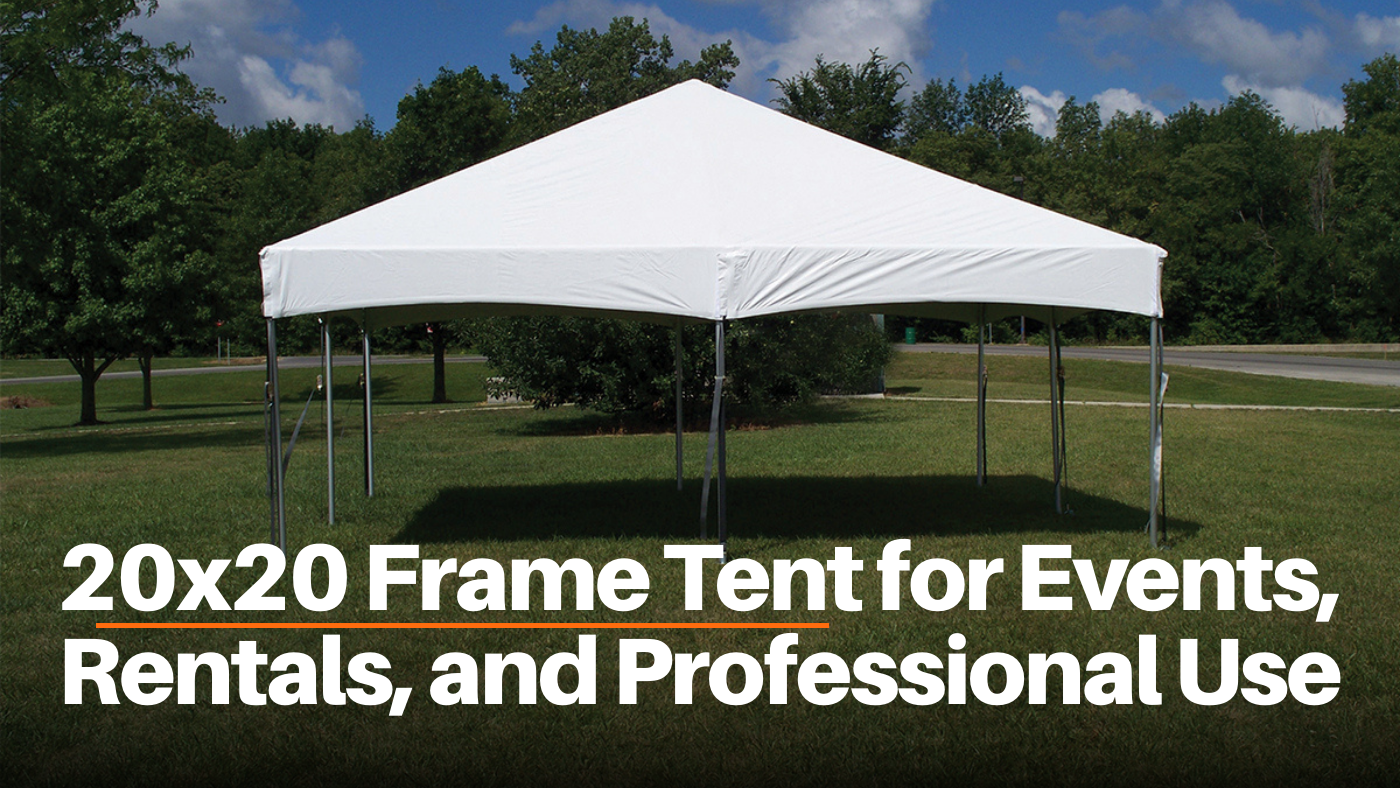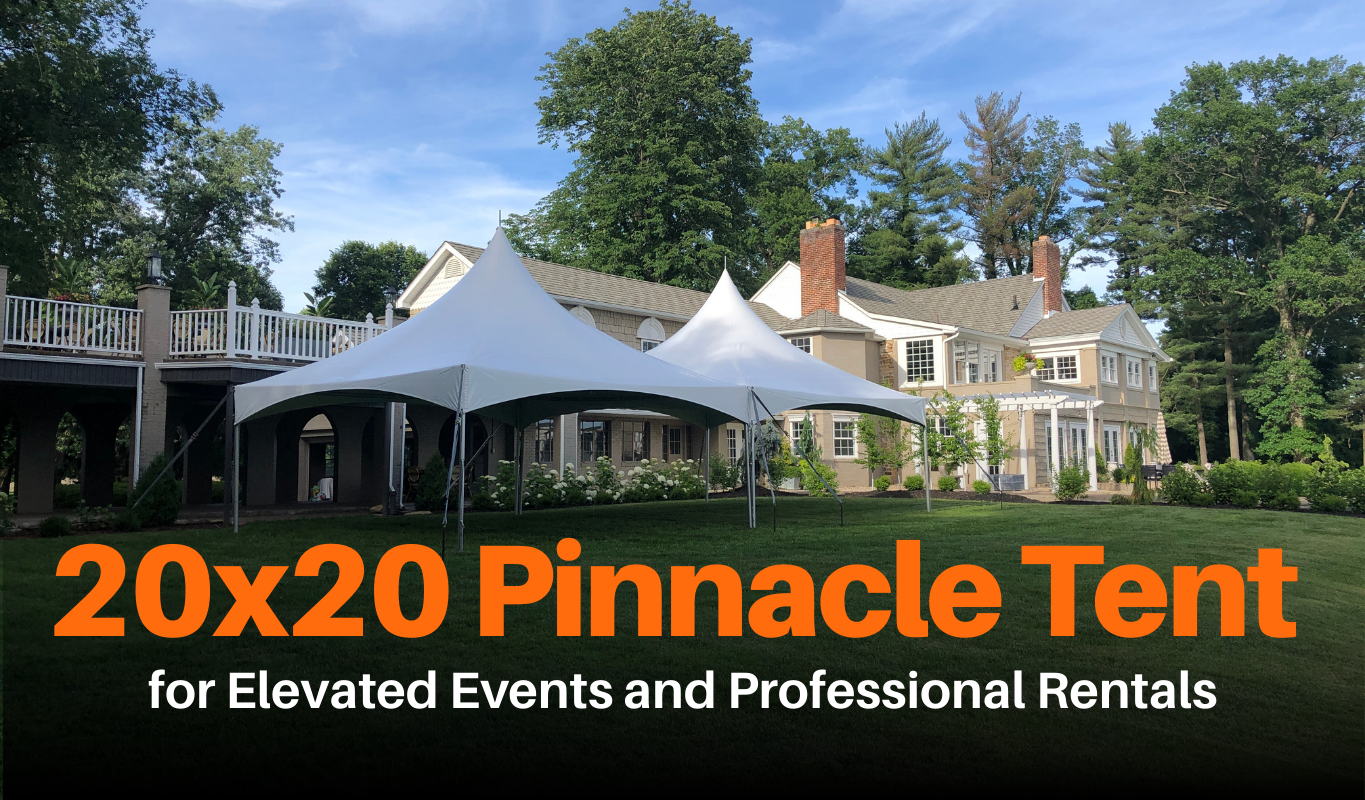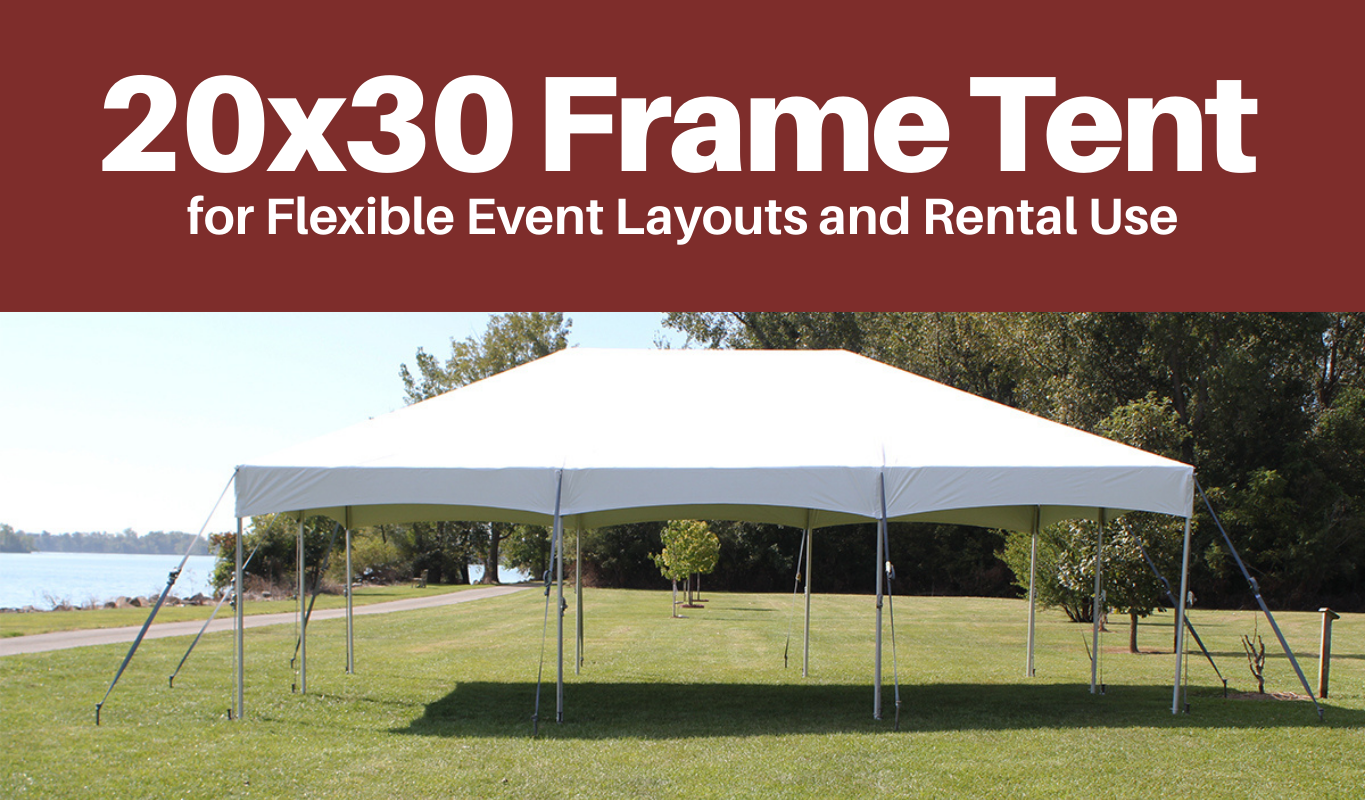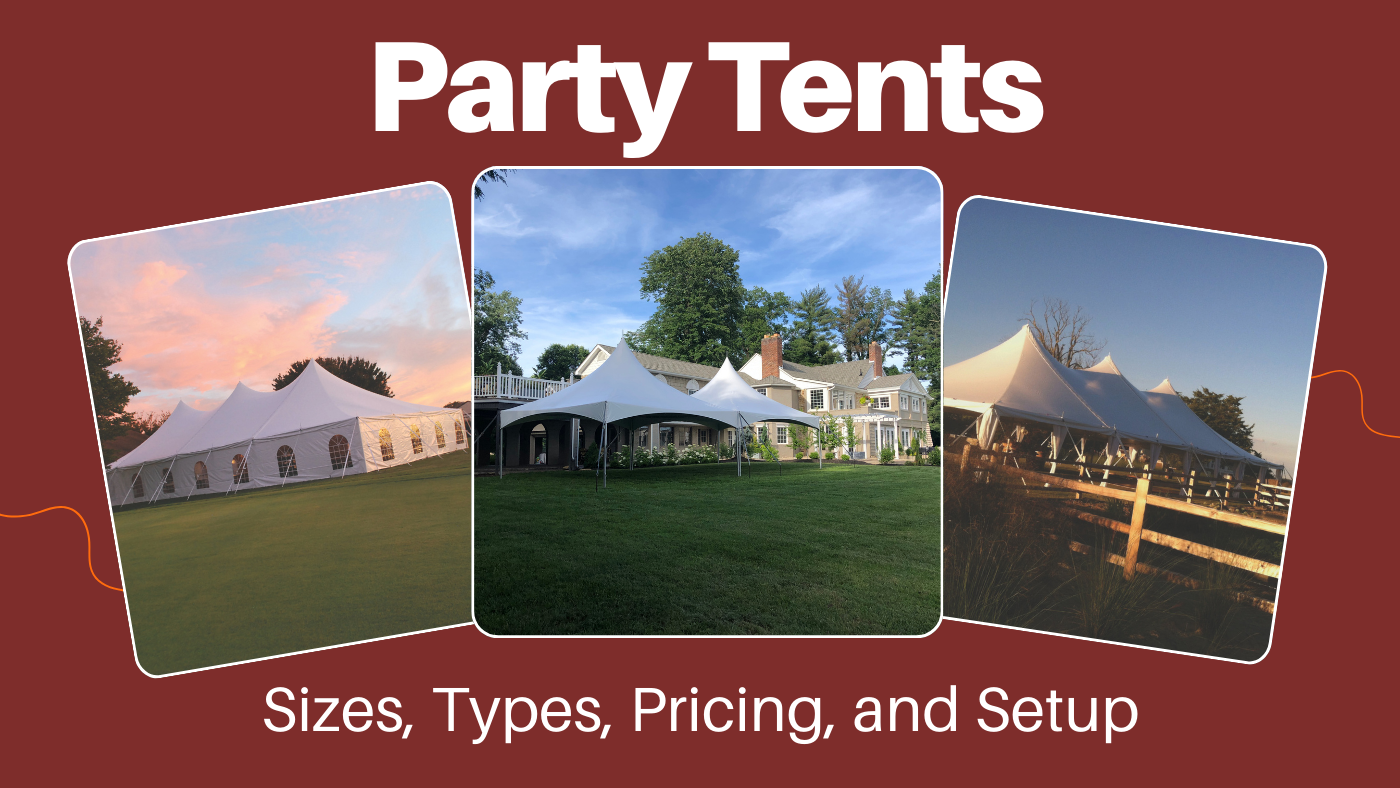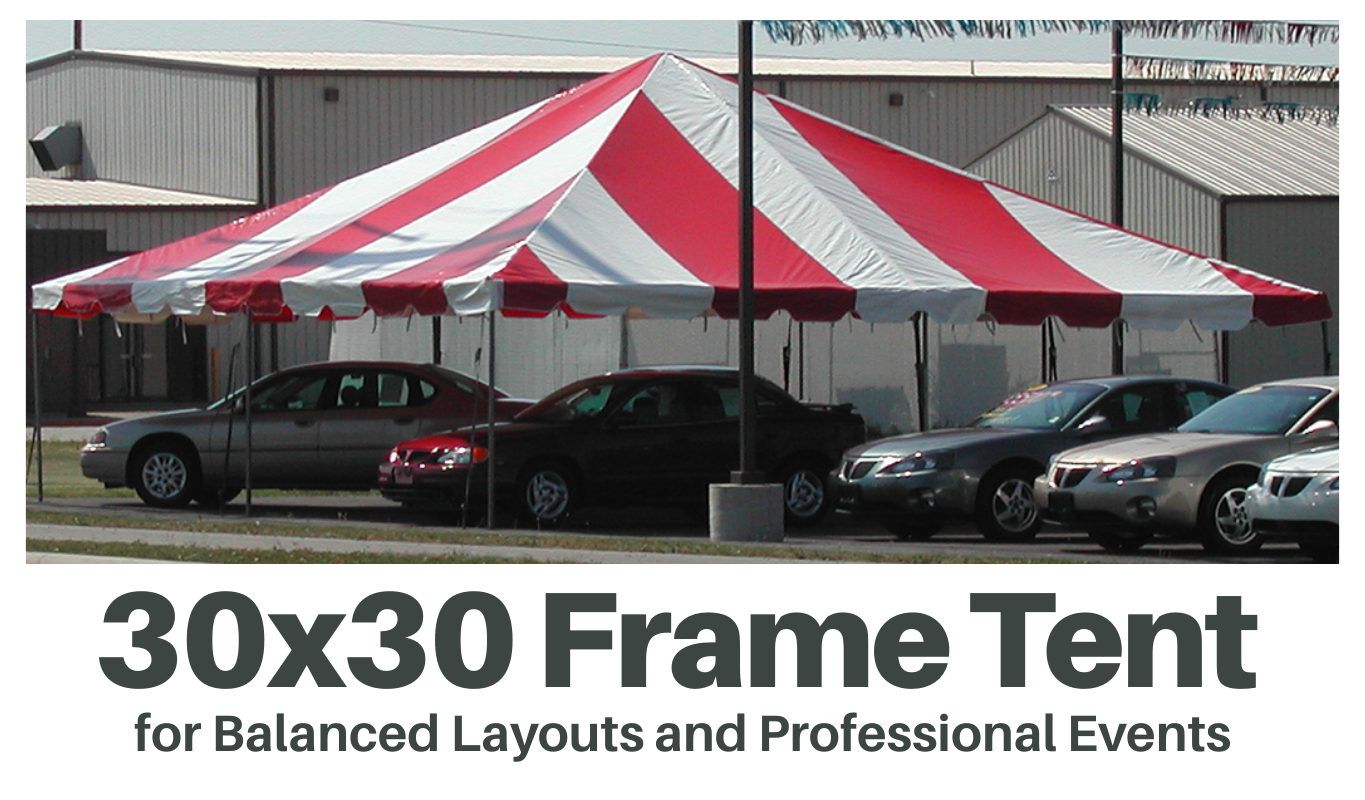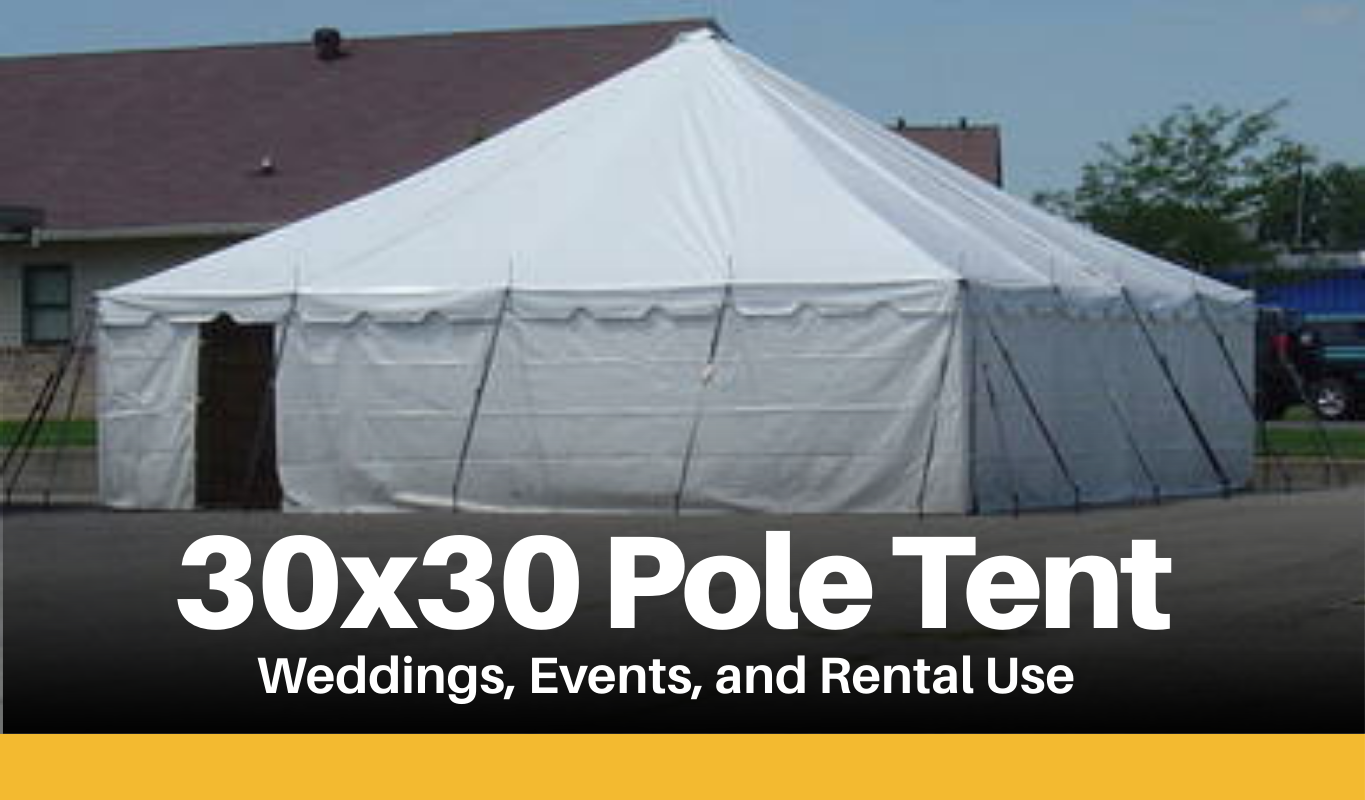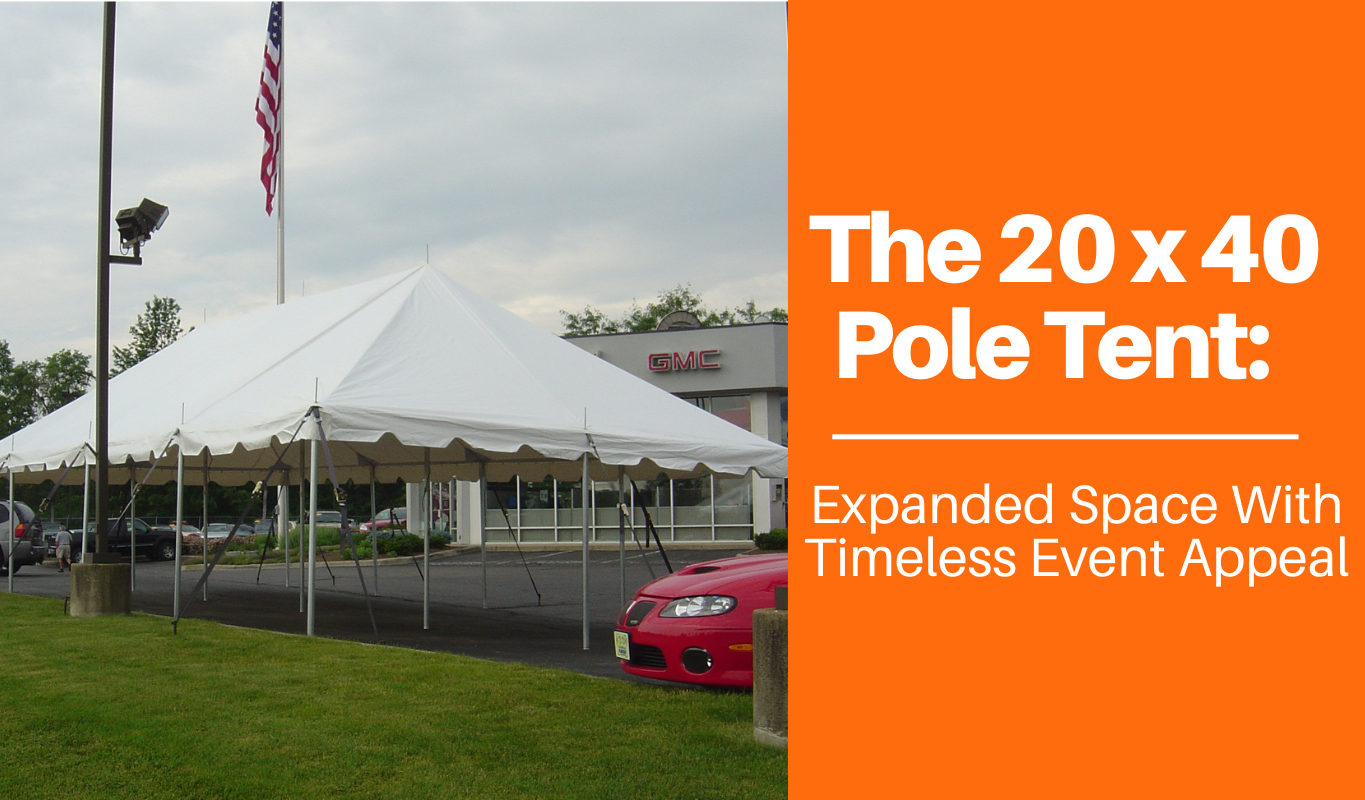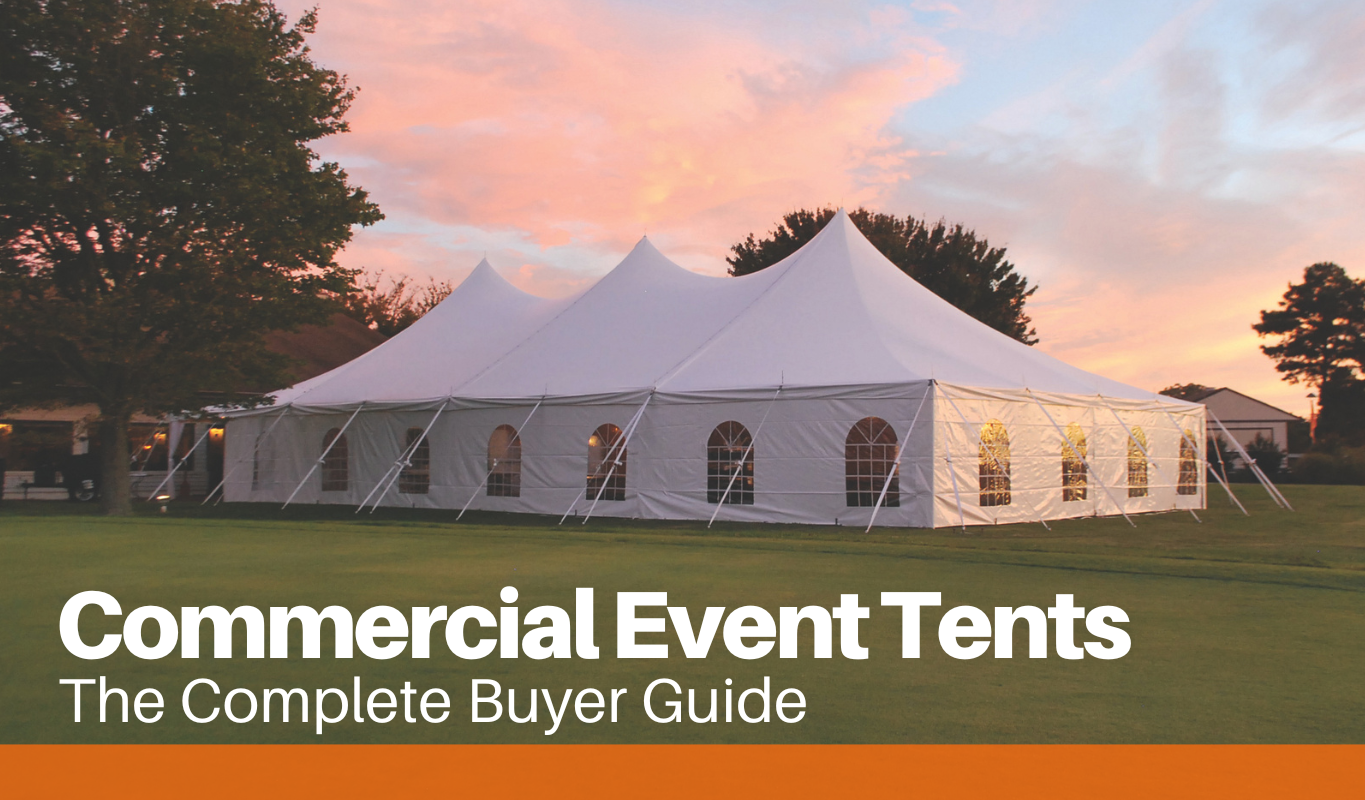Why Aluminum Tent Poles Are the Go-To Choice for Event Professionals
When you're setting up a tent—whether for a rugged camping weekend or a wedding under the stars—the type of pole you use makes a bigger difference than you might think. Aluminum tent poles have become the go-to choice for campers, event planners, and rental companies alike. But what makes them stand out from the competition?
The Advantage of Aluminum: Lightweight Without Compromise
Aluminum poles offer an unbeatable combination of strength and portability. They’re light enough for backpackers and sturdy enough to support commercial tents. Unlike fiberglass, aluminum can withstand repeated use and harsh elements—making it ideal for anyone who needs reliable, long-term performance.
Material Face-Off: Which Tent Pole Reigns Supreme?
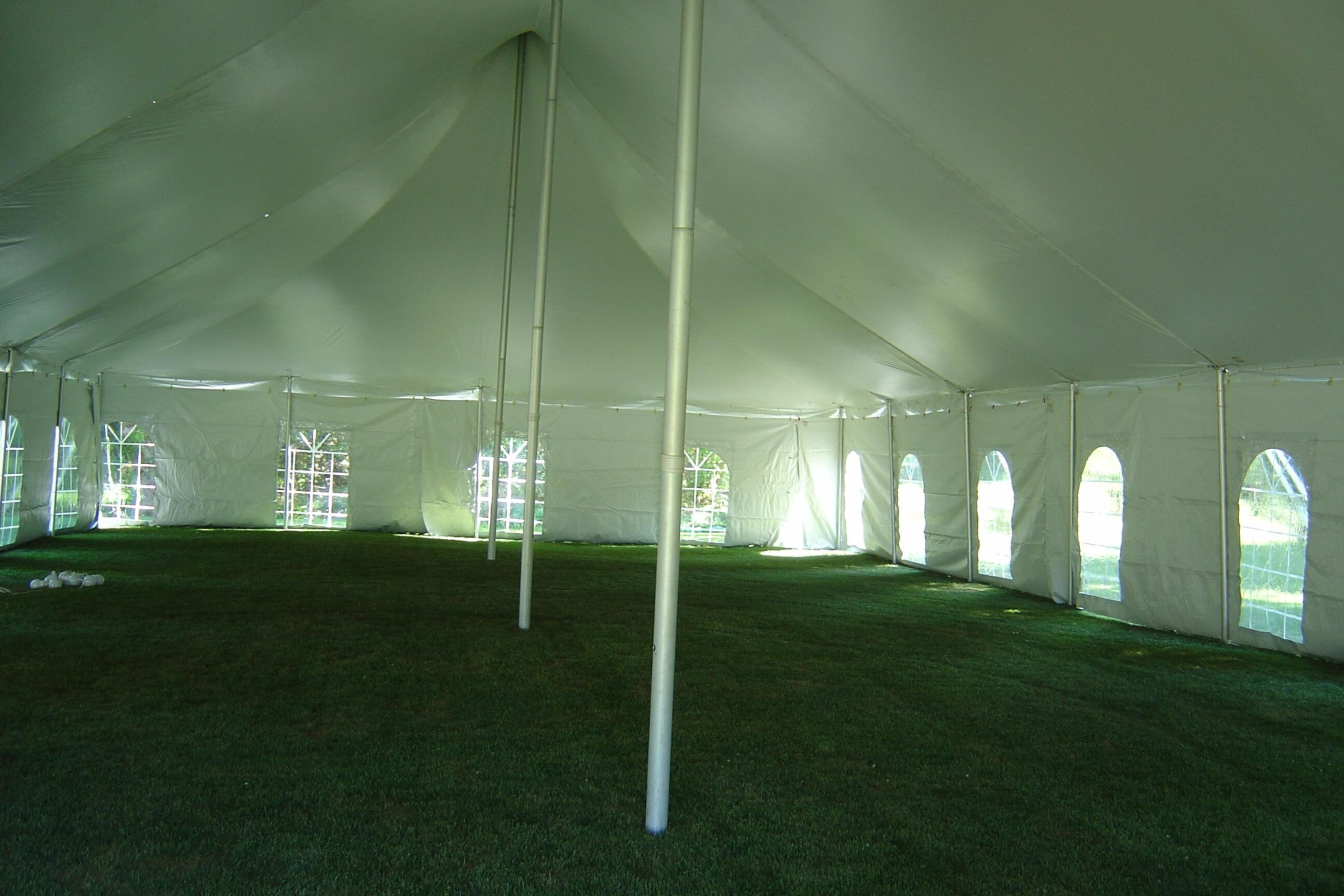
Not all tent pole materials are created equal. Here’s how aluminum stacks up against common alternatives.
Fiberglass or Aluminum? Durability Tells the Story
Fiberglass is cheap and flexible but prone to breakage. If it snaps, it splinters—making repair difficult and sometimes dangerous. Aluminum, on the other hand, bends rather than breaks and can easily be repaired in the field.
Steel vs. Aluminum: Power vs. Portability
Steel poles are sturdy but heavy, better for permanent setups. Aluminum poles strike a balance—plenty strong but much easier to carry.
Exploring the Different Types of Aluminum Tent Poles
Aluminum poles come in various styles designed for different needs. Here are the most common types:
- Press-Fit Styles for Quick Setup: These poles feature separate sections that easily slot into place without internal cords. They're common in larger tents where speed and simplicity matter.
- Shock-Corded Options for Portability: Perfect for solo adventurers or backpackers, these poles use internal cords to keep segments together for quick, easy assembly.
- Custom Aluminum Poles: Made to Measure: Need something unique? Custom poles offer flexibility in length and thickness for DIY tents or replacement parts.
Common Uses: From Campsites to Corporate Events
Aluminum tent poles are as versatile as they are strong. You’ll find them in:
- Lightweight backpacking tents
- Family camping setups
- Market stalls and vendor booths
- Large-scale event tents
- Emergency and relief shelters
Simple Care Tips for Long-Lasting Performance
While aluminum poles are low maintenance, storing them properly extends their life. Always dry them before packing, avoid prolonged sun exposure, and gently disassemble to prevent warping. With a little care, they’ll serve you well for years.
Repair on the Go: Aluminum Poles Are Fixable
Bent or dented poles don’t mean the end of your tent. Use a repair sleeve or splint to patch them in the field, or swap out damaged sections instead of buying a full replacement.
Spotting High-Quality Aluminum Tent Poles
Look for aerospace-grade aluminum (6000- or 7000-series), often labeled as “aircraft-grade.” Thicker diameters provide more strength—aim for 11mm+ for larger tents or 8–10mm for ultralight models.
Where to Find Reliable Aluminum Tent Poles
Need a new set or custom fit? Outdoor retailers and tent brands often sell poles individually or in kits. Celina Enterprises offers durable, high-performance aluminum tent poles perfect for both casual camping and professional events.
Final Word: Why Aluminum Tent Poles Are Worth the Investment
They may seem like a small detail, but choosing the right poles can make or break your setup. With their strength, lightness, and longevity, aluminum tent poles deliver unmatched value in both outdoor adventures and large-scale events.
Upgrade your gear with premium options from Celina Enterprises—built for strength, designed to last.
FAQ
Are aluminum tent poles better than fiberglass?
Yes, aluminum tent poles are stronger, more flexible, and longer-lasting than fiberglass. While fiberglass can crack or splinter under pressure, aluminum bends and can be straightened or repaired. At Celina, our aluminum poles are made from aircraft-grade alloys designed to handle repeated use and demanding outdoor conditions.
Do aluminum tent poles rust or corrode?
Aluminum tent poles don’t rust like steel, but they can oxidize slightly over time. This natural layer actually protects the metal underneath. Celina’s poles feature corrosion-resistant coatings and anodized finishes to ensure long-term durability, even in humid or coastal environments.
How can I repair a bent aluminum tent pole?
You can often fix a bent pole using a repair sleeve or splint. Gently straighten the section and slide a sleeve over the damaged area to reinforce it. For permanent fixes or replacements, Celina offers compatible pole sections and repair kits for easy field maintenance.
What’s the best way to store aluminum tent poles?
Always dry poles completely before storage to prevent moisture-related damage. Keep them in a cool, shaded space away from direct sunlight or salt air. Celina recommends storing poles in padded bags or tubes to prevent scratches and dents during transport.
Are aluminum tent poles strong enough for large event tents?
Yes. High-grade aluminum poles, such as 6000- or 7000-series alloys, are engineered for both lightweight and commercial applications. Celina’s aluminum poles are used in professional frame and high-peak tents, offering the strength to support large canopies without unnecessary weight.




